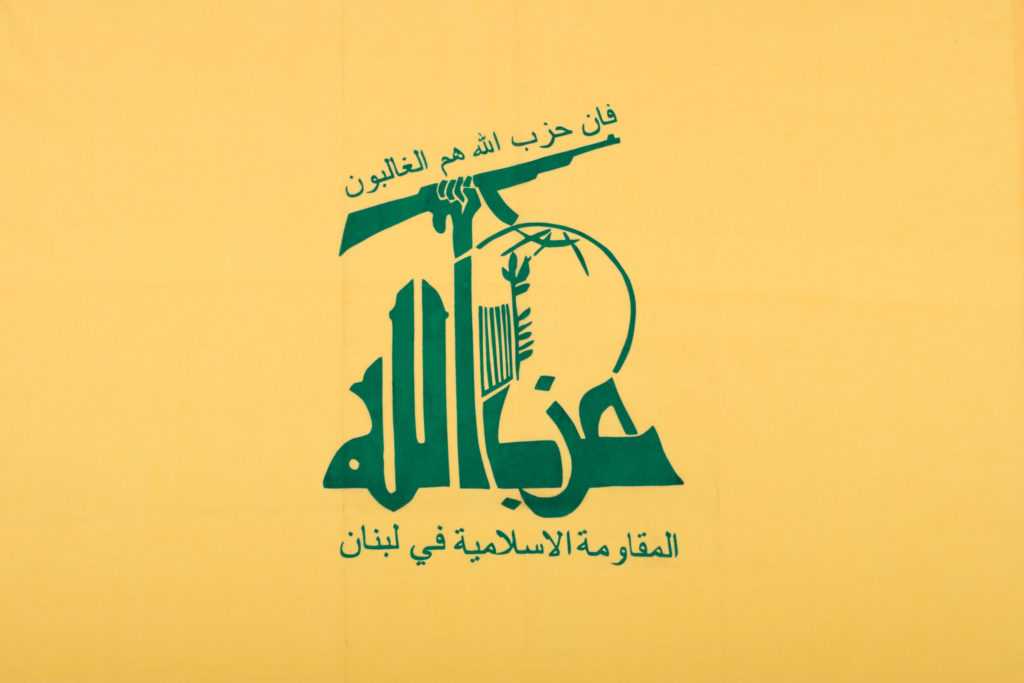The Geopolitical Tale of a Lebanese Hizballah Family

The recent seizure of a plane belonging to the Congolese president in Bordeaux exposed the hidden world operating in Africa by Lebanese Shiite families affiliated with Hizballah and Amal using the cover of “legitimate” business to funnel money toward the terror group and its patron, Iran. This report focuses on a corner of that network, the Hejeij group. Hejeij family members have been sanctioned, but its bank, the Middle East Africa Bank, appears to have been exempted from US sanctions as part of the Joint Comprehensive Plan of Action (JCPOA).
The meteoric rise of these otherwise unremarkable families to powerbrokers in Lebanon originates in the upheaval surrounding Lebanon’s civil war. Chaos and violence created opportunity for ambitious new players to upturn the old Shiite order. The underlying transformation of the Shiite community that Amal started was eventually subordinated to Hizballah. Now, these key families and clans act as a new nobility lording over other Shiites. Leveraging their fealty to Hizballah, these networks now dominate Lebanon’s economy to the point at which it is inextricably intertwined. They also use every crisis to further diminish any potential rival, including older, more established Shiite structures and families and other rival sects and religions, therein upsetting the delicate internal sectarian balance in Lebanon further. This is causing other Shiites, including the more traditional power clans and leaders, to increasingly fear a backlash.
In recent years, the United States has tightened the pressure on these networks and has begun to expose their deep ties to the top of the Amal and Hizballah leadership, including several close associates of Nabi Berri, the head of Amal and speaker of the Lebanese parliament. Recent efforts by these networks to call in debts on a high level could reflect Iran’s increased financial despair. But these networks also maintain a presence in Washington, where they maintain structures of funding for lobbying and legal representation.
The history of similar networks over the last century suggest the biggest danger they pose is not merely their financing structures, but the strategic significance they assume which can be used not only by terror networks, but as commodities that can be inherited or shared with Iran’s strategic partners in their own geopolitical efforts. To think that these subterranean criminal Shiite networks with strategic capabilities would simply disappear with the collapse of Iran is Pollyannaish.
Confidence that a Sunni power like Erdogan’s Turkey or a secular Communist power like China would not employ them stands against bitter lessons derived from studying the historical record of such networks. Indeed, we already see that Iran, in its recent strategic deal with China, has apparently allowed China to establish an intelligence hub in its territory.
- Dr. David Wurmser Reviews Developments in Israel on this International Holocaust Remembrance Day - January 29, 2026
- Middle East Expert Unpacks What’s Next for Iran as US Military Assets Approach - January 27, 2026
- Update on Iran - January 8, 2026
